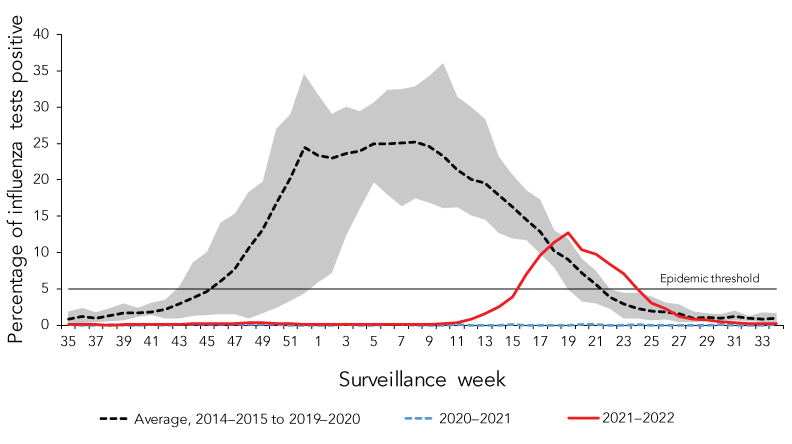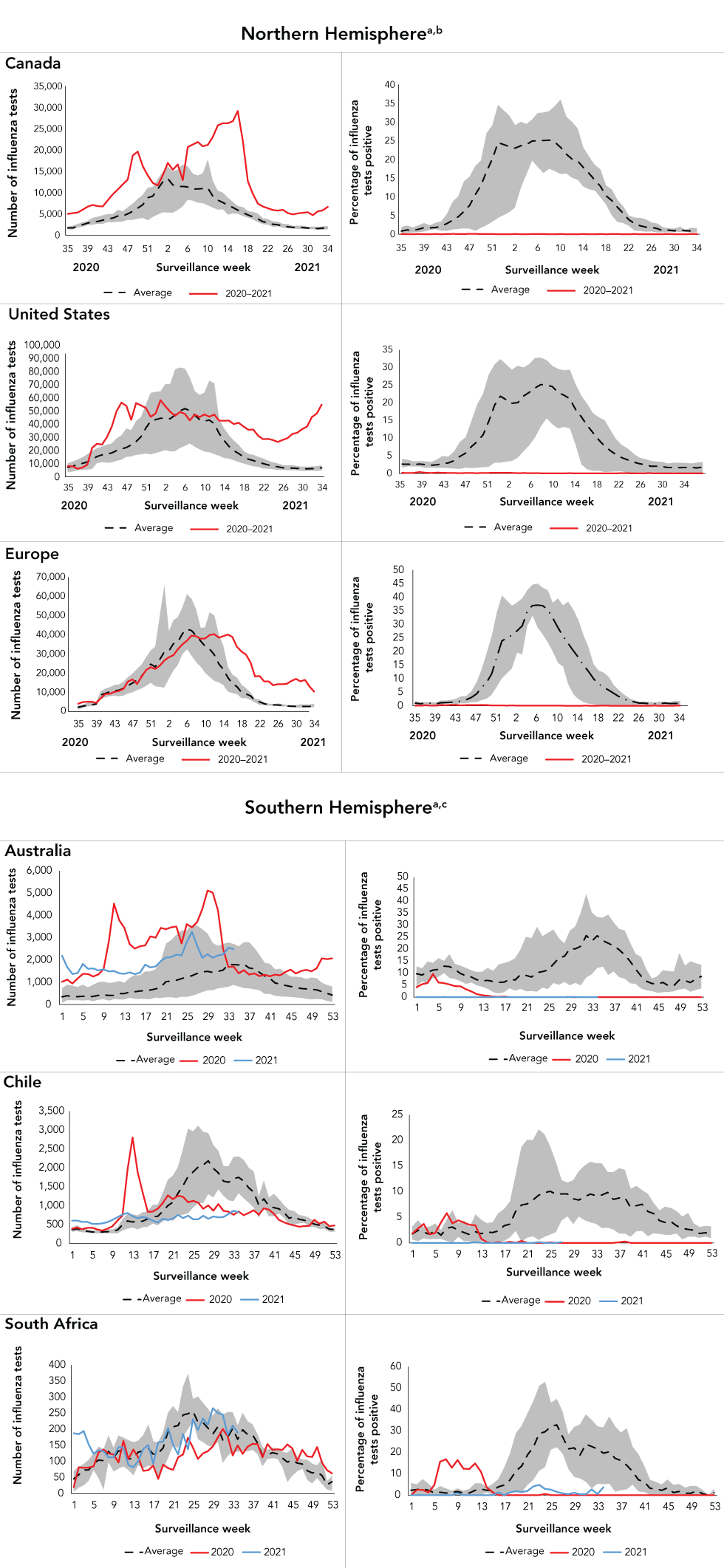If I am in a situation where masking bothers people, I will definitely mask.
The thing is… although I read up on the benefits of masking during the pandemic (or worse stage of it!), I’ve never seen such benefits turned into a concrete, intelligible soundbyte for the public–which absolutely should have been done. E.g., “If everyone masks up over the next 6 months, we will save 100,000 additional lives in the US.” Anything like that would have been helpful.
At least during higher infection rates, however, a vague, “This is going to save lives, so do it,” message from the government or an acquaintance (and that’s pretty much all we got) made some sort of sense.
I wore masks and still got sick with stuff (never had a positive covid test, but I’m sure I’ve had it a couple times by now; either that or colds that felt different than anything I’d had before). I was willing to play along during the pandemic: I didn’t need to play the rebel in this area, and I do believe that masks do some good when worn at scale. But I don’t think the benefit of one person masking is very great at all (to the person or to others). The research on that seems quite complex and, again, it is still, after all this time, in a state undigested for the public (“Masking works, you asshole!” not being what I’m talking about).
No one knew anything anywhere close to that precise. No legitimate scientist would make a claim like that.
If anything, we’re in the grip of a covid endemic.
I mostly don’t wear a mask. I carry one with me, and always wear it on the bus, or in a crowded room. Places with good ventilation don’t worry me, nor short visits. But I’m not going to second-guess other people’s reasons for wearing masks any more than I’m going to second-guess why they’re wearing glasses. Maybe fashion, vanity, sentimentality, they’re method-acting a character… but probably they find they help.
…why would you think something like this would have been any more helpful? It isn’t as if similar messaging wasn’t used a lot at the time. It obviously didn’t work on you then. And if I said that to you now, would it change your mind? Lets try it.
If everyone masks up over the next 6 months, we will save 100,000 additional lives in the US.
Is your mind changed now? Will masked people stop annoying you?
I personally will wear a mask if a location requests it (e.g. a medical facility) or if I’m having upper respiratory symptoms myself (even if I’m certain it’s just my seasonal allergies and not anything contagious). Just seems polite to not worry people around me with sneezes, sniffling, etc., as anxious as people get about such things the last few years.
I live in a very allergy-prone area, you’d think people would consider the possibility instead of making the mental jump straight to “that person absolutely has a deadly disease and should not be around other humans”. Yes, it’s possible that if someone coughs in your vicinity, they might have Covid. They might also have an allergy issue, just got some food/drink stuck in the throat, dry air is irritating their throat, etc.
OK, but… They could have said something. Anytime I’ve said, “A cost-benefit analysis needs to be made for any intervention,” people here have said, “Sorry, nobody can do that.” Indeed, we can and should have by now. You use your best numbers and give a range, e.g.:
“Masking per our recommendations will save between 10,000 to 1,000,000 people over the next year, with a 90% certainty that we will reach the bottom of the range.”
I did find a cite from September 2021:
I think the level of cognizance of such numbers among the American public is close to zero. I haven’t heard such effects of masking mentioned anywhere, either to promote what a benefit masks had on the Left or to dismiss the numbers as being too low for the cost (everyone masking) on the Right.
87,000 doesn’t seem like a super-high number to me, but I’m not going to argue that it wasn’t worth it. But now that infection rates are much lower, I don’t see the benefit of a whole country going masked like Japan.
And, I also imagine that, even with what scientists know now about masking and COVID, three years in, it may well be difficult to isolate the effect of masking alone, as I would suspect that people who are/have been masking are probably also more likely to be engaging in other preventative measures (hand washing/sanitizing, social distancing, going to indoor public spaces less often, etc.), compared to those who aren’t masking.
…OK, but: they did say something.
That you didn’t hear them at the time is again a you problem, not a somebody else problem.
This would be an utterly disastrous thing for any public health official to say.
Cite please.
Nobody in this thread has even remotely suggested that.
It is recommended to mask even if the disease were reduced to a local outbreak. But if your local numbers are good, and you aren’t around vulnerable people or close quarters public transit, you probably don’t need to mask. Even with the pandemic raging in other areas. That’s why the CDC is focused on community health levels, not a one size fits all approach. See this page,
I also recommend this educational page for the meanings and distinction between pandemic, endemic, outbreak, etc.
~Max
Also, it’s important to distinguish between the value of masking for yourself, lots of people masking to help others, and public mask mandates. Right now, i think the evidence says that masking is moderately good at protecting yourself (depends a lot on the mask, and how well you wear it) excellent at protecting others (anything that covers your mouth and nose is helpful, a surgical mask is excellent) and that public mask mandates that aren’t supported by popular sentiment offer little benefit, except in limited high enforcement areas. (So, they can be useful in schools or hospitals. But less so in municipalities, because lots of people just ignore them.)
Similarly, there is almost no increase in auto accidents when cannabis is legalized. Not because cannabis doesn’t interfere with your driving (it does!) But because the sort of person likely to drive high was already doing that before cannabis use was legalized.
Public mandates <> change in public action.
Also, I’m an MBA. When you propose a project you want to do, you have to give numbers. You would be laughed out of the boardroom if you said, “Executing my proposal will be of great value to the company, though I don’t have a budget for it (cost), and I have no idea how much money we will make (benefit).”
Similarly, once you implement your project, you will have to report to your boss, and the project could also be something that is talked about in quarterly earnings reports and projections (in the case of a public company, absolutely, but probably also required for internal consumption in a private firm). If you say, “I don’t know how much money we spent (cost) or how much we made (benefit), and I have no projections for either of these things,” you’re probably going to lose your job immediately (in reality, working with numbers in this way is such an ingrained aspect of corporate life, that one could probably not avoid coming up with something even if one wished to blow it off and get fired).
If we really want to reform Washington, we need to have politicians start talking in terms of cost/benefit analysis for everything. Both the Left and Right completely suck at this. Take Trump’s wall. How much has it cost to date? How many immigrants has it helped keep out of the country? Are Trumpists even cognizant of these things? If the wall has been effective, even a little, wouldn’t they want to express that success numerically?
About the only time I ever see numbers is when it comes to taxes. “This will save the middle class x,” etc. Not that it’s sufficient, but at least there’s something there. Elsewhere, pretty much nothing.
…there is a difference between an MBA executing a proposal and public health officials that are responsible for messaging during a pandemic.
Which has nothing to do with you getting annoyed because two people were wearing a mask and you couldn’t see them smile.
I’ve posted this graph in lots of places, that compares influenza in Canada during the pandemic to the five years prior to the pandemic. I can’t imagine any “soundbite” that could better get the message across than this. If such a clear graph can’t get through to a person, nothing will.
The community levels from the first link I just posted have clear numbers thresholds, maybe that appeals to you? There’s a handy table. Seeing as it is the quantifiable basis for masking recommendations, both to individuals and to local governments.
I definitely recommend you explore the CDC website. For questions on US national policy, it does have the straight dope, after all.
~Max
…and I feel like, you must not have been paying attention, because I saw articles talking about the benefits of masking all over the place.
I have no doubt that all of the interventions have reduced influenza infections, but the x-axis is for “Percentage of influenza tests positive,” so I don’t know how the number of tests taken fluctuated or how many deaths from influenza were averted, etc. I want to know more. (Again, this is not the same thing as doubting that the graph you posted supports your thesis to a palpable extent.)
So did I, but they did not get into concrete numbers very much, if at all. The 87,000 figure above is the first time I’ve seen a prospective or retrospective number of this type.
That involves a more complicated graph. TL,DR: most places actually did more influenza tests, because we had to distinguish between flu and COVID. And they all saw similar drops in the percentage of positive tests. More Tests, fewer positives.
In a typical pre-covid year, there were between 200K and 700K hospitalizations for flu, and between 10K and 50K deaths. There were essentially no flu deaths when we were all masking for covid.
That second link says
** Estimates are not available for the 2020-2021 flu season due to minimal influenza activity.
There were so few cases they barely counted them, and couldn’t estimate cases/100K. So masking saved about 20K lives from death-by-flu.
But that’s MUCH easier to say in retrospect than to predict.

